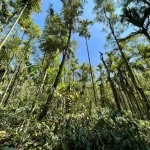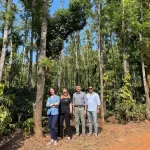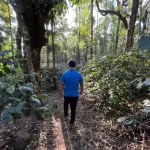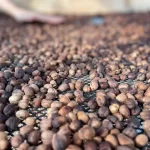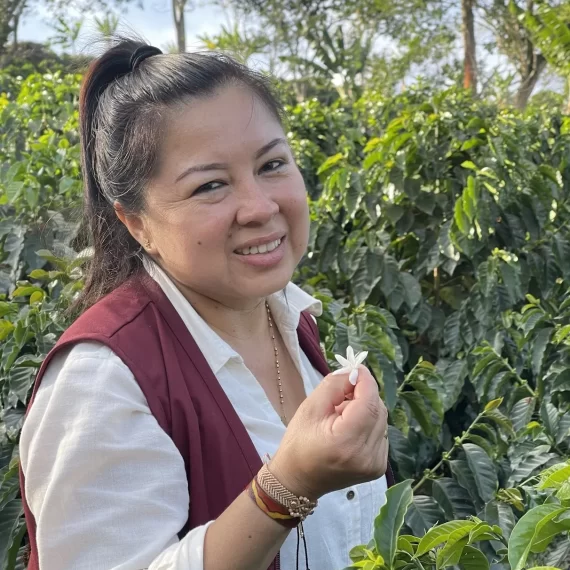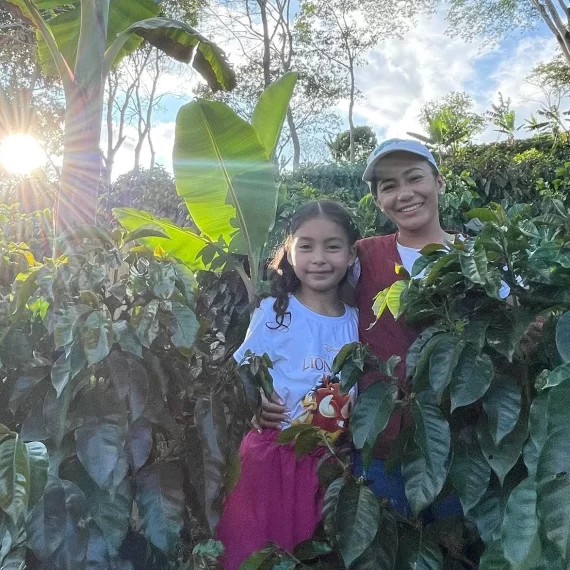The farm is located in the Baba Budan Giri area of India. The story goes that Baba Budan, a Sufi saint who was returning from a pilgrimage to Mecca in 1670, smuggled seven coffee beans back to India from Yemen (at that time it was illegal to export coffee seeds from Arabia) and planted them in the Chandradrona mountains of Karnataka.
The farm is adjacent to the Bhadra Tiger Reserve and provides shelter to many species of birds, insects, reptiles and amphibians. It also acts as a corridor for many wild animals.




